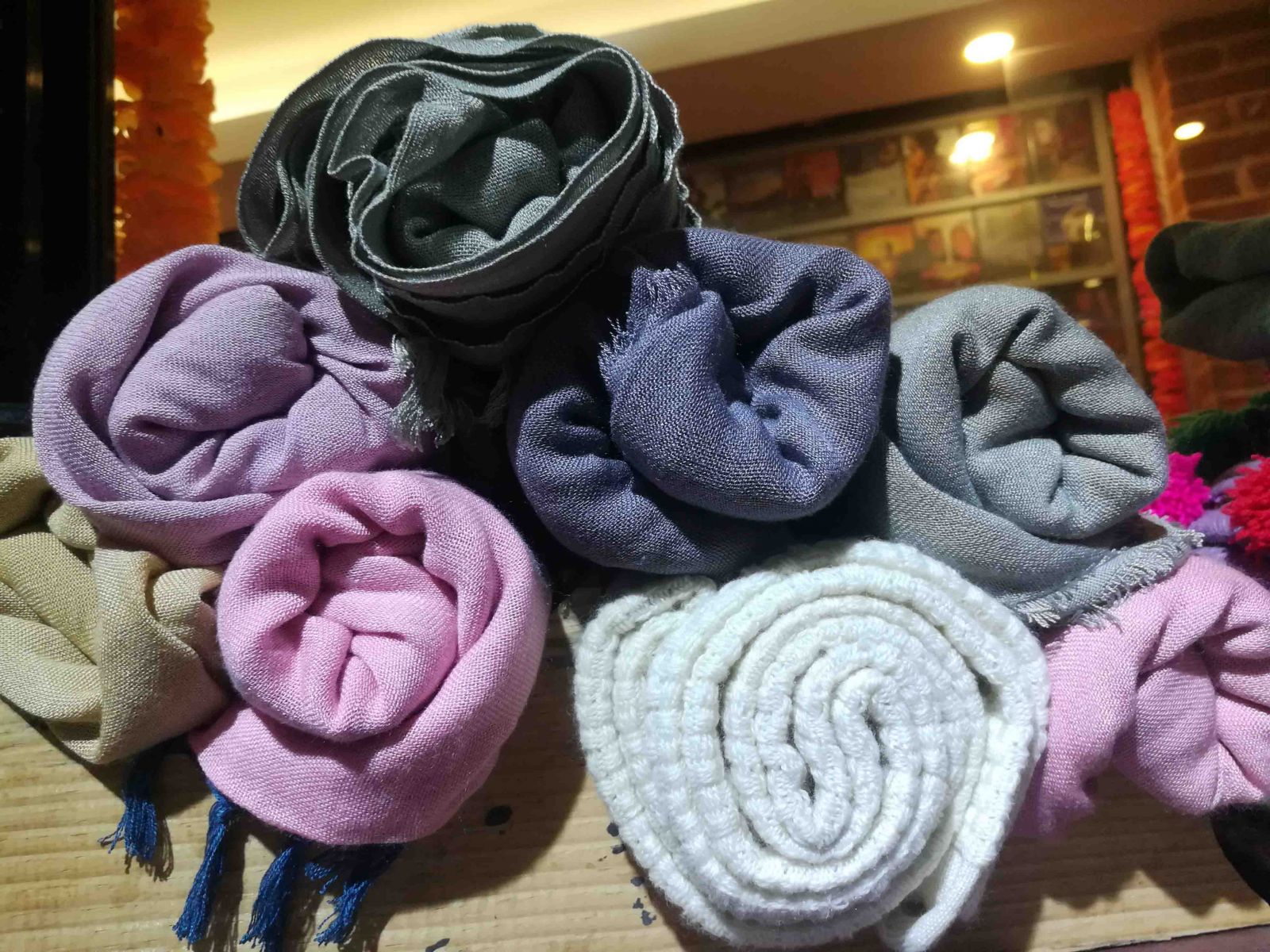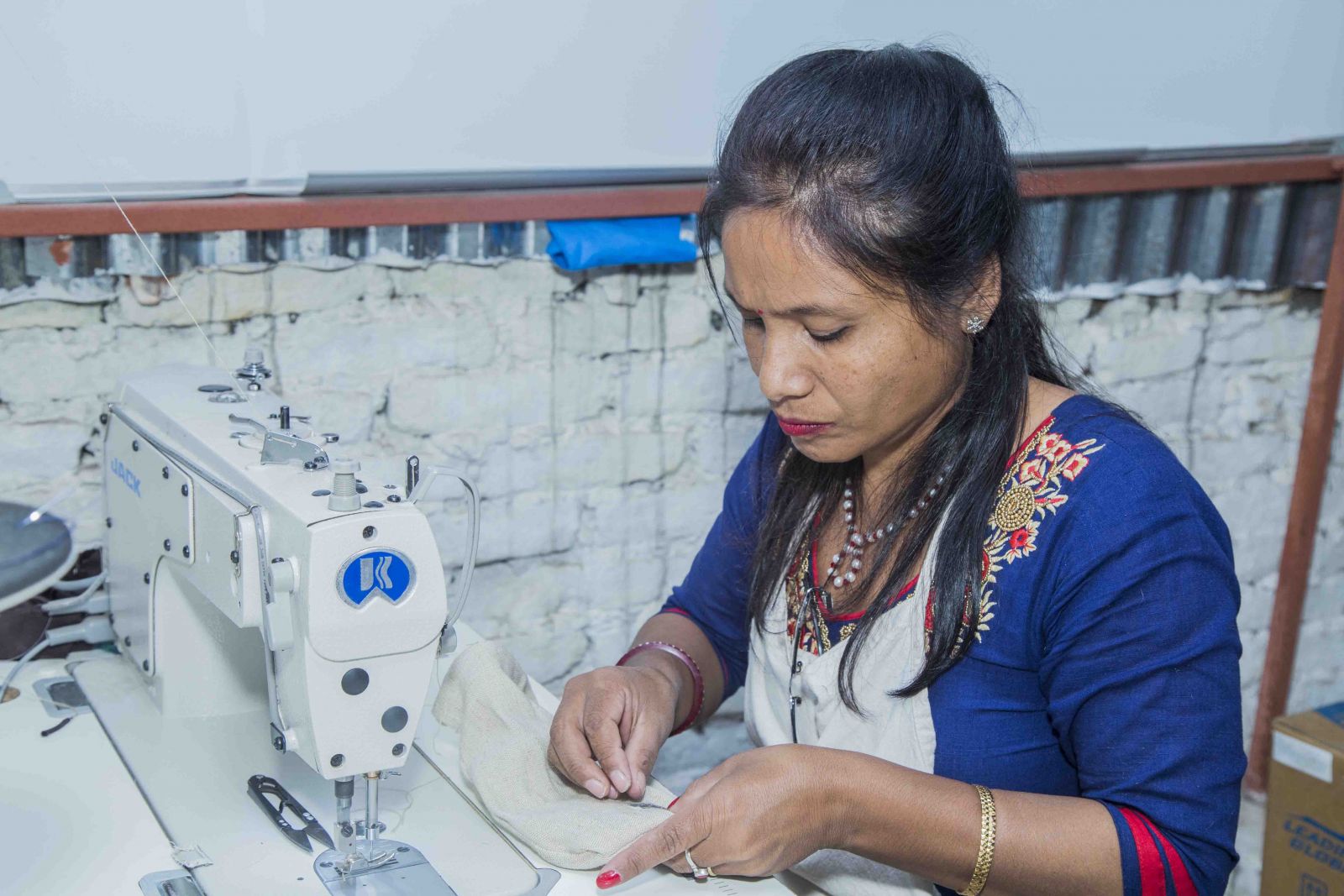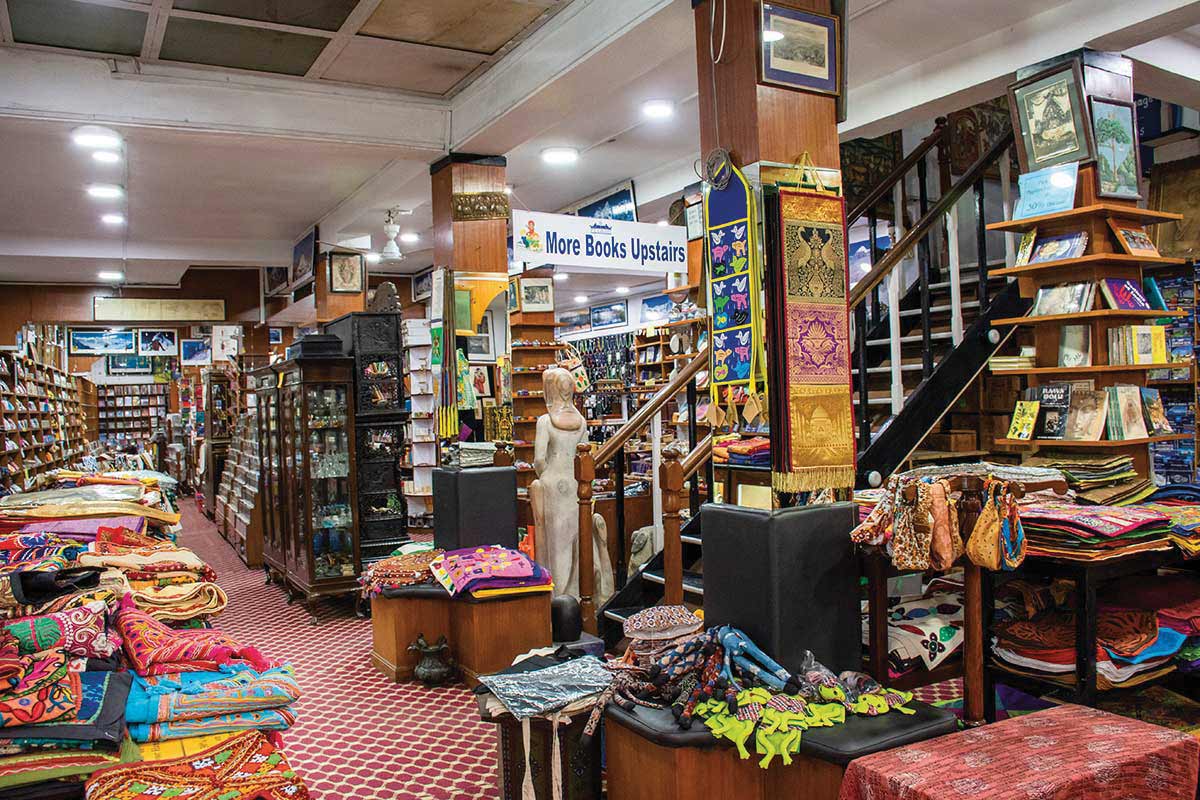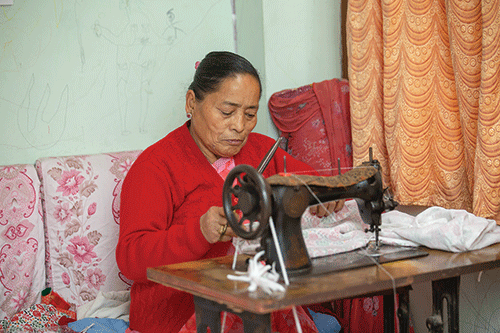
Ekadeshma, a Tale of Nepali Clothing
This fairytale has neither a fairy godmother nor a prince charming, just a few women working towards their dreams and goals.
From one room workshop, to a proper working factory setup, Ekadeshma has come a long way. Started as a quaint little shop of printed t-shirts and Nepali crafts in Thamel, Ekadeshma now manufactures products in their own small scale factory. It was established in 2011 by two sisters, Alpaza Rajbhandari, a fashion designer and art lover, and Anuja Shrestha, a business graduate. Anuja says, “Our prints had tales of Nepal’s traditions and culture, which were blended with a contemporary twist, which was loved equally by Nepali customers and our foreigner clients. This motivated us very much. At first we used to outsource our products, but now we are able to take bulk orders.”
When asked about how the idea struck Alpaza, she explains, “You know, there’s always a time in your life and work when you feel like you have learnt a lot, gained good experience enough to start on your own; I was in that phase of my work. I am a fashion graduate and was working in a garment manufacturing company for some years, whereas my sister was handling her husband’s business in Thamel. She always pushed me to think about starting a business in Thamel, and that was when we thought of starting something new here. This is how Ekadeshma was born—it is a brainchild of us two sisters.”
Ekadeshma is a sustainable lifestyle Nepali brand. So, while naming the brand, they wanted a name that would justify their work. After researching for almost six months, they settled for the name “Ekadeshma”. It was established with a motive to sustain and empower Nepal’s traditions and craftsmanship. It is, in some ways, a story teller in itself, where Nepali traditions and cultures are translated into a tangible design in a contemporary manner as a form of their products. The sisters tell me that it was born out of a shared love for craft, culture, and fashion.
 |
.jpg) |
The main products that the company produces include cotton T-shirts, shirts, tops, jackets, dresses , hand-woven and natural fabric shawls, and home accessories. The customers of Ekadeshma include people across a variety of age groups, with many in the 16-40 age range, so they conceptualize and produce their designs accordingly. They mostly make seasonal collections, and at the moment, have ten women from Saptari, Dhading, and Kathmandu working in their factory. They also have an additional group of seven women making recycled paper bags. The sisters additionally work with some weavers, who are mostly home based workers.
Ekadeshma is not just limited to employing women and manufacturing clothes; they have been giving free training programs to women of various communities, from which they have been providing employment opportunities to some. The classes include training in candle making, paper bag making, industrial stitching, and bag stitching. After the training concludes, they are often able to offer further opportunities to the newly skilled trainees. “It is most satisfying to see the number of people we are involved with, the number of families we are touching,” Anuja says.
To establish a brand is not a difficult thing, but to maintain the trust from the customers certainly is, as any entrepreneur knows. Many foreign brands and imported clothes are available in the market nowadays, and it can be difficult to compare in terms of quality with them. There might be errors and mistakes while making handmade clothes, and it is also a very slow process in comparison with the industrial factory made ones. But, Ekadeshma has been putting in the effort to provide an authentic Nepal touch in their garments. They like to use natural Nepali textiles and combine that with the artisanal process of printing, weaving, and dyeing. The founders visit the local weavers and textile suppliers themselves, and try to make each design unique, charming, and most importantly, comfortable. Anuja says, “We use local resources as much as possible, like hand-woven cotton, hemp fabric, and cloth made from bamboo, as well. To prevent any mishap, we do quality control checks, both before and after the production process. Everything from the fabric’s quality to threads and stitching is gone over thoroughly.”
Ekadeshma is looking forward to continuing to train and hire more women, and of course, increasing the number and range of their products. They plan on opening another outlet soon, and have the goal of expanding into the international market. They firmly believe that the products they make have their own stories to tell, and that this can be a way to connect fashion with the tradition and cultures of Nepal. It’s an ambitious dream, and one that they have been working hard to make a reality.











